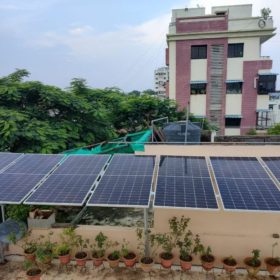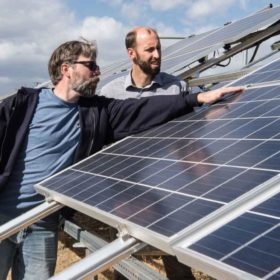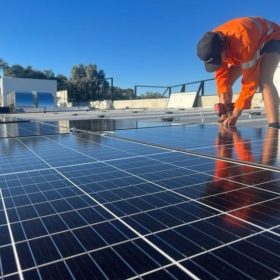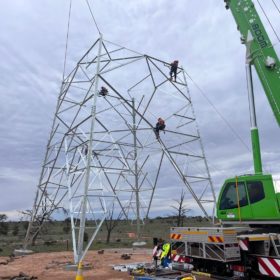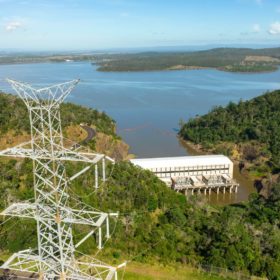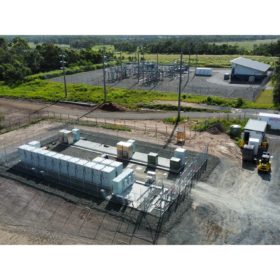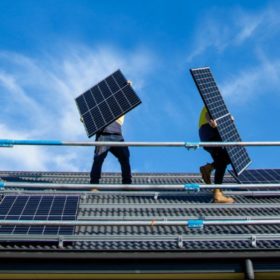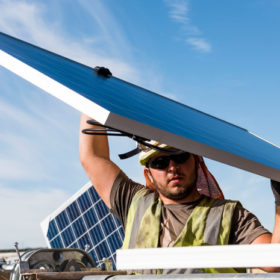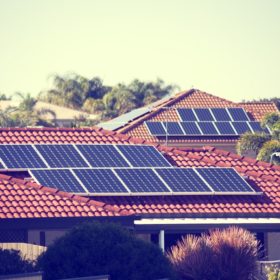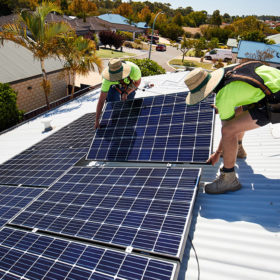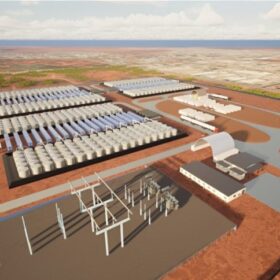Residential rooftop solar capacity in India tipped to rise by 60% this fiscal year
India’s cumulative residential rooftop solar capacity may rise by 60% to reach 3.2 GW by March 31, 2023 driven by rising consumer demand coupled with strong government support.
How long do rooftop residential solar panels last?
Multiple factors affect the productive lifespan of a residential solar panel. In the first part of this series, we look at the solar panels themselves.
Victoria tips in $10 million to tackle solar panel waste challenge
With Australia’s appetite for solar energy fuelling a projected surge in end-of-life solar panels, the Victorian government has launched a $10 million program to help deal with the more than 180,000 tonnes of PV panels expected to enter the state’s waste stream by 2035.
Regulators reinforce need for ‘massive investment’ in energy sector
Australian energy regulators have called for urgent investments in renewable energy capacity and the transmission infrastructure needed to connect new projects to the grid as they look to ensure an orderly transition as coal-fired generation exits the National Electricity Market.
Queensland announces ‘biggest pumped hydro scheme in the world’
Queensland Premier Annastacia Palaszczuk has launched a $62 billion energy and jobs plan, which includes the biggest pumped hydro scheme in the world. The government is also planning to convert publicly owned coal-fired power stations into clean energy hubs from 2027.
Queensland charges ahead with big battery rollout
A new $8 million large-scale, network-connected battery at Tanby on Queensland’s Capricorn Coast is expected to help facilitate the continued integration of renewables, including rooftop solar PV, into the state’s energy system.
Shift in energy system helps Victoria smash emissions targets
Victoria’s ongoing transition to renewable energy sources, including the installation of hundreds of thousands of rooftop solar PV systems, has helped the state “smash” its 2020 emission reduction targets on the path to net zero by 2050.
Solar PV employed about 3.4 million people in 2021
A new report published by the International Energy Agency shows solar PV provided employment for approximately 3.4 million people in 2021 with almost half of the workers employed in China, about 280,000 in North America, over 260,000 in Europe, and some 50,000 in Africa. The vast majority of workers were employed in manufacturing and installation of new capacity, with solar jobs paying lower wage premiums than the nuclear, oil, and gas industries.
Solar installers stripped of licences after logging false claims
Seven solar installers in New South Wales have had their electrical contractor licences stripped by the state government regulator after investigations found they had signed off on rooftop PV installations while they were interstate or overseas.
CER investigating potential $1.5 million solar panel fraud
Australia’s Clean Energy Regulator has this week executed search warrants on several residential and commercial addresses connected to a Perth-based solar PV retail and installation business as part of an investigation into a potential $1.5 million solar panel fraud.
